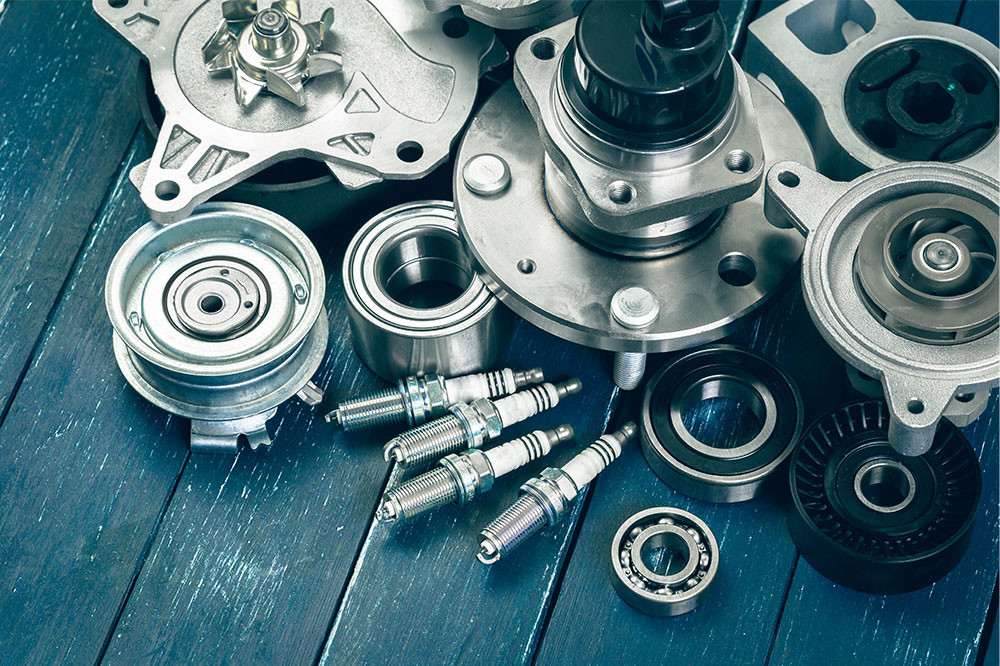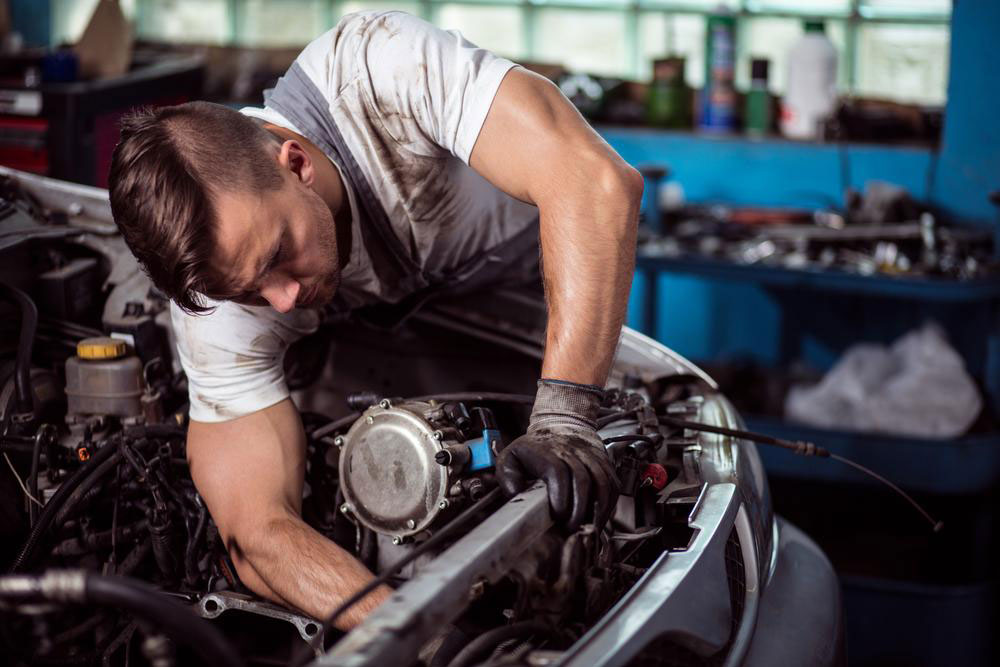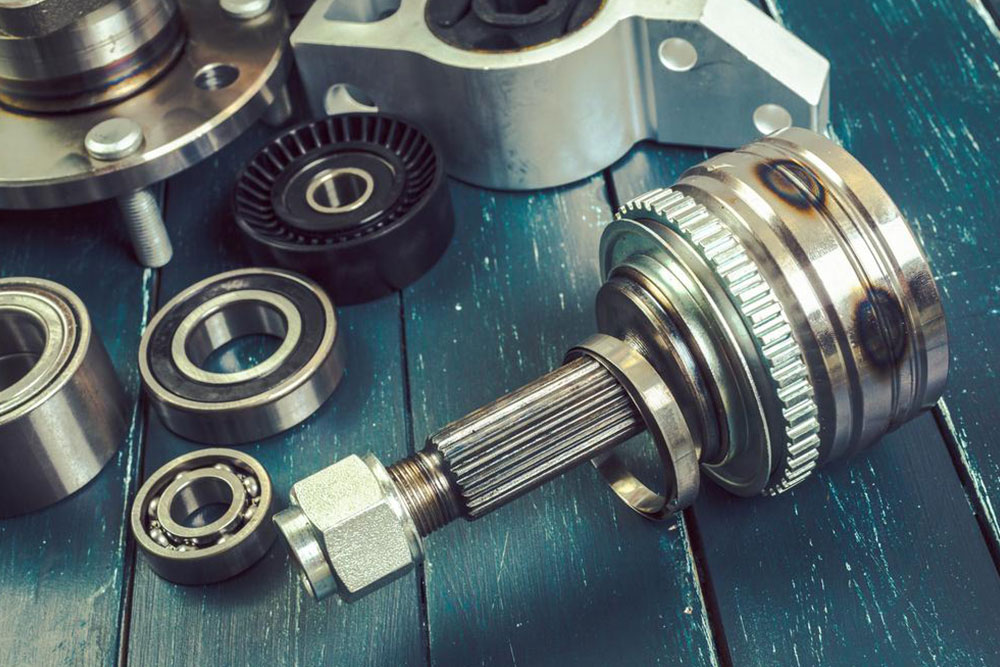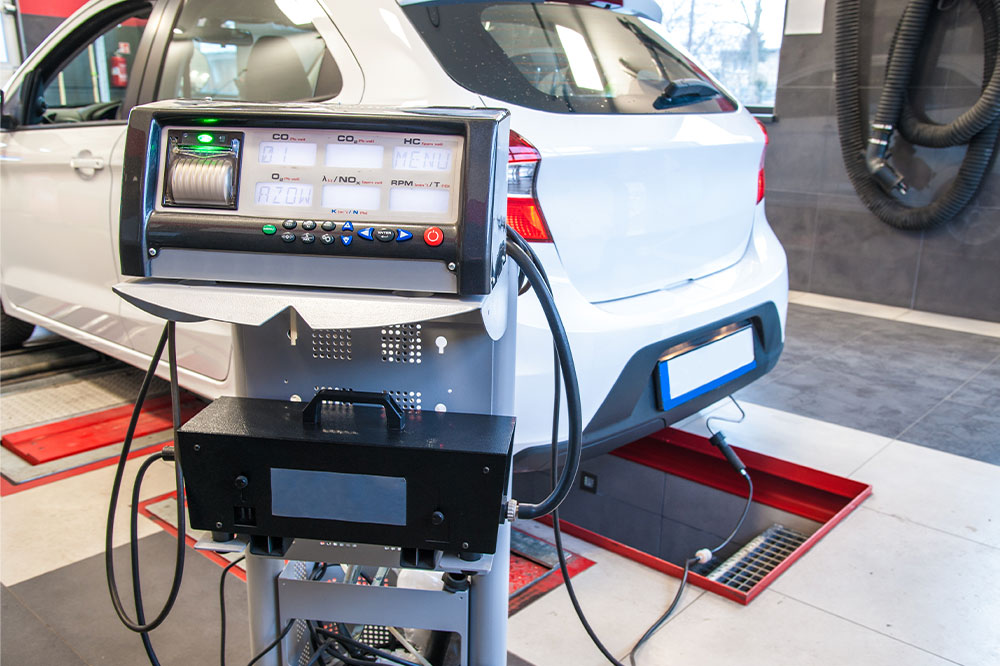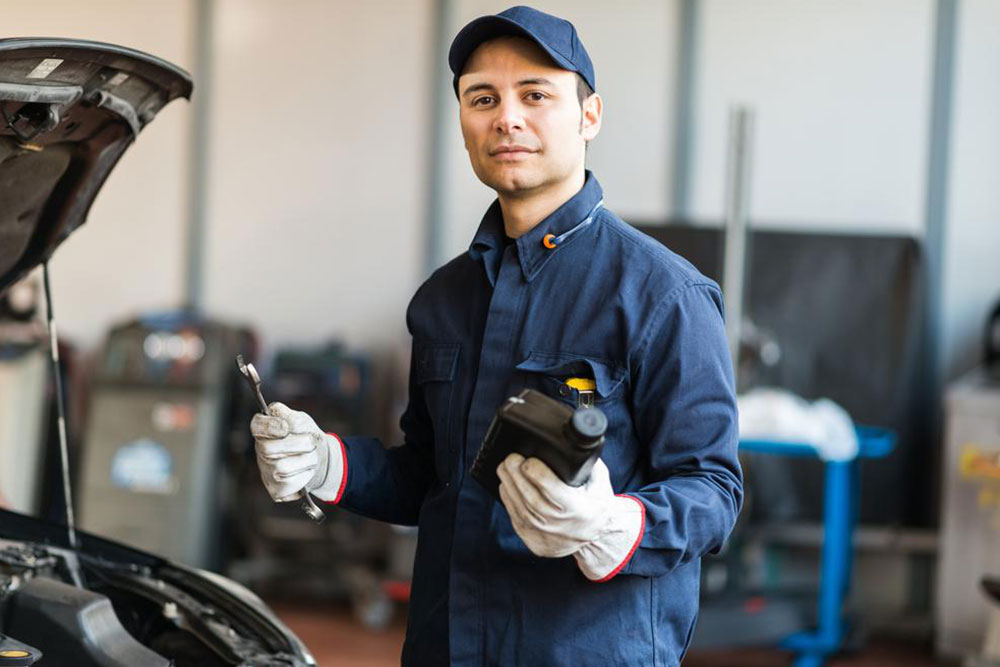Key Factors That Can Cancel Your Vehicle Warranty
Learn the essential factors that can void your vehicle warranty, including modifications, maintenance practices, and usage policies. Understand how to protect your coverage and ensure proper compliance with manufacturer guidelines to avoid expensive repairs and warranty loss.
Sponsored
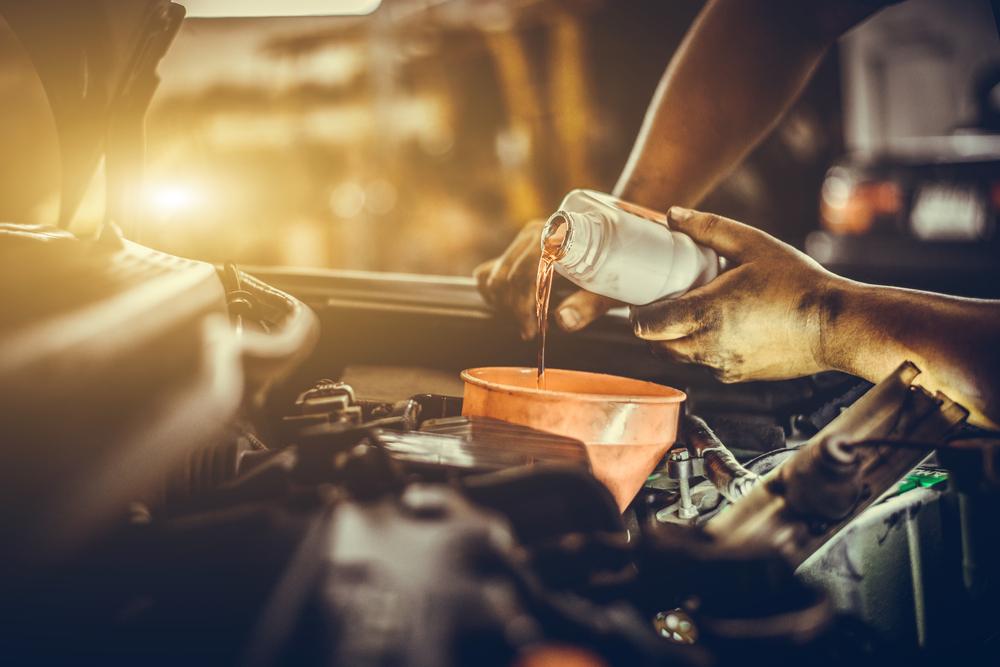
Your vehicle’s warranty has specific terms and conditions, including exclusions and mandatory maintenance routines. Violating these can lead the manufacturer to cancel or refuse warranty coverage. Essentially, a car warranty is a formal agreement between you and the automaker, facilitated through the dealership. Even if purchased at a dealership, the dealer processes paperwork on behalf of the manufacturer, linking your coverage to their compliance with warranty rules.
Here are four common reasons your vehicle warranty might be invalidated…
1. Customizing or Modifying Your Car
If you modify your vehicle with aftermarket parts like turbochargers, lifts, or performance chips, it can void your warranty. Damage resulting from non-original installations may also lead to warranty denial on related repairs. Using aftermarket tires and wheels can similarly impact warranty coverage.
2. Use of Non-Recommended Fluids
Warranty can be affected by the type and grade of fluids used in your vehicle. If you perform maintenance yourself or visit a non-authorized mechanic, ensure that the lubricants and fluids align with the manufacturer’s specifications. Using improper fluids might not be covered under warranty for related repairs.
3. Vehicle Usage and Load
Repurposing your vehicle for heavy-duty tasks, like towing beyond recommended limits, could void your warranty. Many vehicles are equipped with safety features to handle certain loads; ignoring these can cause damage and nullify warranty claims. Exceeding load capacities or improper use may lead to overheating or component failure.
4. Document Every Maintenance
Keeping detailed records and receipts of regular maintenance is vital. A manufacturer can dispute your warranty if you neglect scheduled service or fail to provide proof during claims. This is especially true when servicing at third-party garages instead of authorized dealerships.

